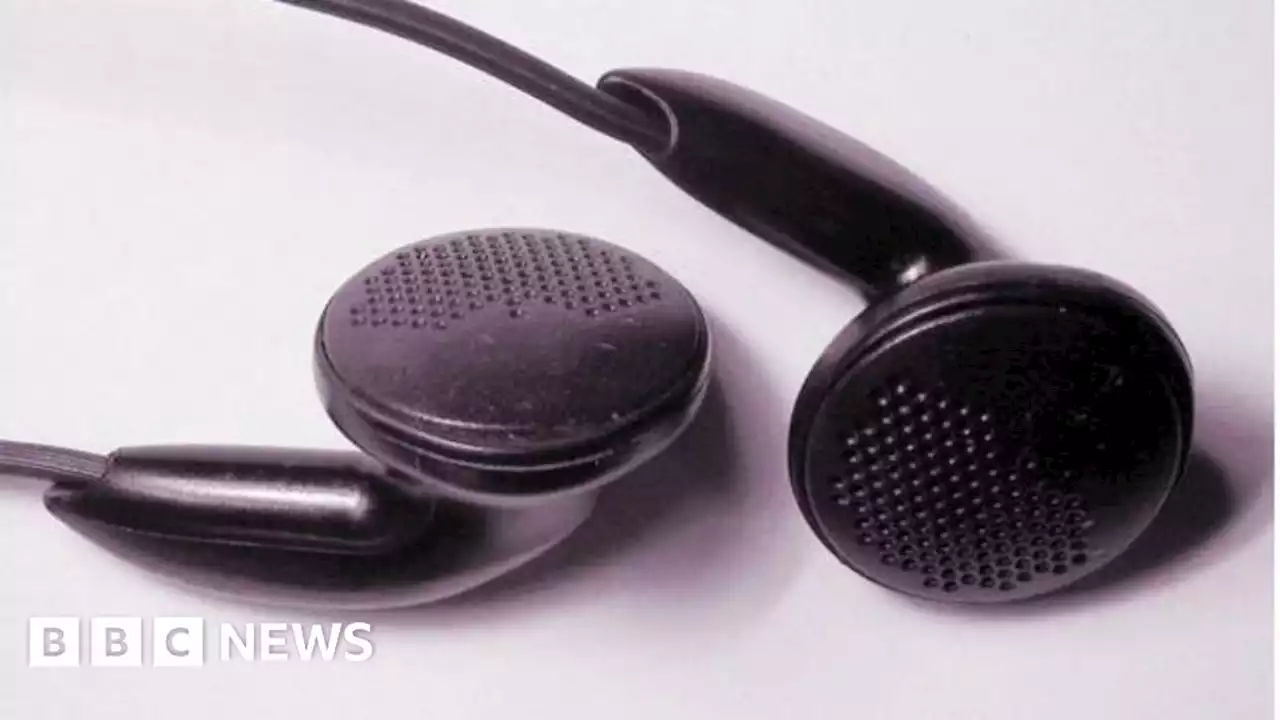In this era of extreme partisanship, the people who express the most negativity in their political choices are those we may least expect: independents.
In a new paper, researchers conducted five studies in which they found that independents were more likely than partisans to frame their position in terms of opposition to one party, candidate, message or option rather than in support of the other choice.
"We consistently found that partisans were less likely than independents to have preferences based on negativity." In one study, the researchers used data from the 1968-2020 American National Election Studies, involving 38,759 respondents from across the nation. Participants reported their views of the political parties and the presidential candidates.The researchers subtracted the degree of negativity toward the non-preferred side from positivity toward the preferred side , creating a positive-versus-negative partisanship score.
Both before 2008 and after 2016, negative voting was consistently 10 to 17 percentage points higher among independents than partisans. And since 2016, the majority of independents said they voted against a candidate rather than for the other option. In another study, conducted online, partisans and independents who leaned Democrat or leaned Republican were asked whether they agreed with messages that argued why it was good to support their party or why it was good to oppose the other party.
"But political partisans base their electoral choices more on who or what they like, whereas independents base their preferences to a greater degree on who or what they don't like," he said.
United States Latest News, United States Headlines
Similar News:You can also read news stories similar to this one that we have collected from other news sources.
 'Mountains' Review: Monica Sorelle’s Debut Is a Powerful Character StudyThis slice-of-life story is a testament to the power of cinema itself.
'Mountains' Review: Monica Sorelle’s Debut Is a Powerful Character StudyThis slice-of-life story is a testament to the power of cinema itself.
Read more »
 Men's heart disease risk doubles with these types of job strain, says new studyMen who experience job strain — and who put in high effort for little reward — have twice the risk of heart disease compared to those who do not have those stressors, per a new study.
Men's heart disease risk doubles with these types of job strain, says new studyMen who experience job strain — and who put in high effort for little reward — have twice the risk of heart disease compared to those who do not have those stressors, per a new study.
Read more »
 Study to examine benefits of sounds of nature in care homesResearchers will assess the wellbeing benefits of playing nature-based soundtracks in care homes.
Study to examine benefits of sounds of nature in care homesResearchers will assess the wellbeing benefits of playing nature-based soundtracks in care homes.
Read more »
 Aspartame and autism: Drinking diet soda amid pregnancy linked to diagnosis in male offspring, says studyPregnant or breastfeeding women who consume aspartame could experience higher rates of autism diagnoses in their sons, says a study from The University of Texas Health Science Center at San Antonio.
Aspartame and autism: Drinking diet soda amid pregnancy linked to diagnosis in male offspring, says studyPregnant or breastfeeding women who consume aspartame could experience higher rates of autism diagnoses in their sons, says a study from The University of Texas Health Science Center at San Antonio.
Read more »
